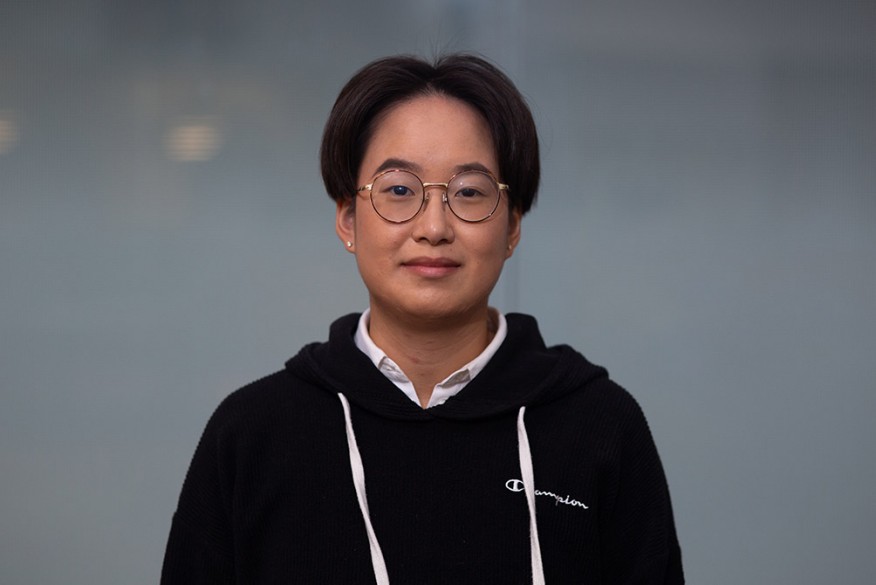-
Method:Community Organization
-
Area:Children & Youth
-
Country:China
Meng Wang—“Tammy” to Anglophone friends and colleagues—had never traveled outside China until she came to Michigan in 2019. One might guess that, as she puts it, “The most challenging thing was the language.” But what about the language? Wang laughs. “The acronyms! SSW, OGA, OSS, and you need to learn a lot of academic terms, too. I shared with my professors that these are difficult for international students to understand. It is still the most difficult thing for me.”
Wang’s choice of Michigan was not difficult at all. In China, she had been studying biochemistry, but, “It was not my thing. I really loved social work, though I did not have much background in it.” Social work programs in general are not strong in contemporary China, so Wang started googling and applying to schools in the United States.” Next came interviews, and very soon, “Michigan chose me, and I chose Michigan!” The school struck Wang as a supportive environment, and she concurs with many of us that Ann Arbor is “a bubble”—in a good way. “Everyone has been so nice!” she says. With some amusement she confesses that the weather was also an attraction. Coming from the city of Ningbo in southeastern China, she had not seen snow. Now she is in love with winter, Michigan style.
Wang’s perception of both university and school as supportive environments turned out to be correct. “My professors and classmates have been very supportive,” she says. “I had no background in social work, but because of them, I am here and about to graduate! So my choice to come here made sense.”
Wang did, however, find it challenging to be far from family and friends. Given the COVID-19 pandemic, as well as finances and logistics, many international students now have not seen their families in nearly two years. American holidays in particular can be lonely, so it was a very special treat when MEAL@Michigan invited international students for meals at home with faculty or staff.
Wang’s placement at the Interational Center took on significance in another way. ” The most important part of studying abroad is engaging with the community. I did that in my first semester [Fall 2019] — I even attended a game in the Big House — but not since then. Now I am finally meeting my classmates and colleagues in person, and I can go out with friends, too.”
Wang has done online cognitive behavioral therapy with Assistant Professor Xioaling Xiang, and she wants to find a job with children, youth and families. Wang holds an F1 (non-immigrant student) visa, which will expire shortly after she graduates. Currently, she is applying for Optional Practical Training, which allows F-1 students to remain in the US to gain work experience in their field.
Wang looks back with particular affection at her field placements and generous mentorship of staff at the International Center and OGA. “I was able to bridge between international students and the social work school’s faculty and staff. I would like to carry all that I learned as a student into a future job.
